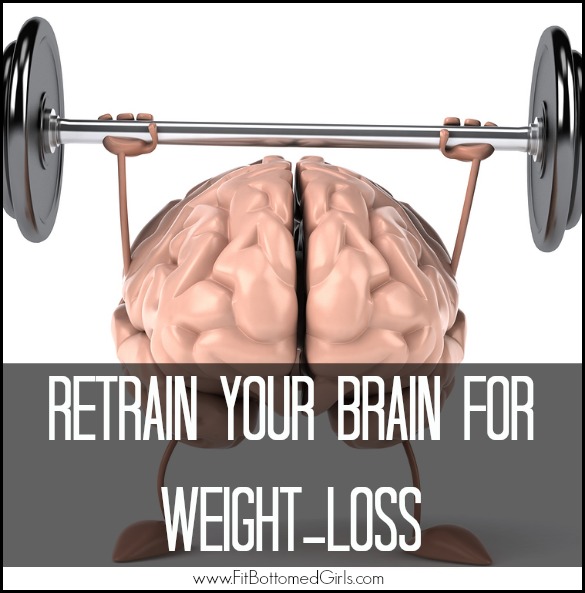A Weight-Loss Book Worth Reading: Mind Over Fat Matters

I’ve been known to get, er, a bit fired up about weight-loss books from time to time. Half of the time, fitness and health books regurgitate information you’ve already heard or they’re too gimmicky to be taken seriously. (When in doubt, if it sounds to good to be true, it is.) But on the rare occasion that we stumble upon a book that really gets to the heart of the issue, we stop, wiggle our fit bottoms in happiness and share it with ya’ll! (Even if it does say the “f” word…)
Mind Over Fat Matters by Lavinia Rodriguez may not have the catchiest title or the most enticing cover art—yes, I judge books by their covers sometimes!—but it is legit. Too legit to quit, in fact. It’s like Lavinia crawled into my brain and put into words everything that I preach weight-loss is about, along with debunking everything it’s really not about. With chapters on eliminating the obsession with food, getting a life outside of weight-loss, dealing with guilt, increasing compassion and much, much more (she agrees that “diet” is a four-letter word!), this book is a true guide to the real reasons why we gain weight, overeat or choose the couch over getting active. In a nutshell, we stop ourselves and our brain sabotages our best intentions to lose weight or stay fit.
Here are a few take-homes from the book, although I encourage anyone who is stuck in their weight-loss or get-fit journey to read this book. (It’s less than $15 on Amazon and totally worth it.)
Retrain Your Brain for Weight-Loss
1. Stop the self-loathing. It hurts more than it helps. Many women think that if they beat themselves up enough about something they feel they’ve done wrong, it will motivate them to make improvements. The reality, though, is that the more a woman reprimands herself the harder it is for her to accomplish her goals.
“Imagine a child who is learning to tie her shoe,” suggests Rodriguez. “If she is put down every time she makes a mistake, she’ll become anxious and frustrated. The stress caused by the criticism interferes with her concentration and motivation and makes it difficult for her to learn the task. However, if she is praised and encouraged, she will be motivated to keep trying, and eventually the confidence she gains will lead her to success.
“Adults are no different from children in this respect,” she adds. “Everybody needs positive reinforcement, not punishment, in order to be motivated and achieve goals. This is especially true when dealing with body image and weight-loss expectations.”
2. Forget all the “shoulds.” Start where you are. How we talk to ourselves about our bodies is important. Using “should” statements such as, “I should have lost all the extra weight by now,” “I shouldn’t be in a bathing suit,” or “I shouldn’t go to the beach looking like this,” is how we beat ourselves up. Engaging in “should” statements makes us want to give up and guarantees that we’ll find ourselves in the same emotional place next summer.
“It’s better to accept where we are today, set aside the past, and focus on what can be done now,” says Rodriguez. “Remember, some progress is better than no progress at all, which is what will happen if you give in and give up!”
3. Practice positive self-talk. It’s never too late to change how we talk about our bodies—to others, yes, but more importantly to ourselves. Try these statements on for size and then create some of your own:
- “It’s never too late to start positive changes.”
- “I want goals that are achievable. I’m not going to set deadlines for my body. I will follow something that I can keep up for a lifetime.”
- “I want to improve my body image by first accepting my body how it is and then going forward—one step at a time.”
- “Thinking about the past or what I haven’t accomplished will not get me anywhere. I’ll look ahead, not back.”
How does your mind interfere with your health and fitness goals? How does it help? And seriously, how pumped are you to hear about a book that isn’t about a fad?! —Jenn
